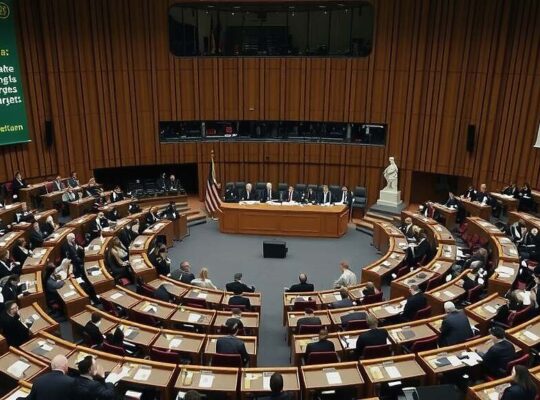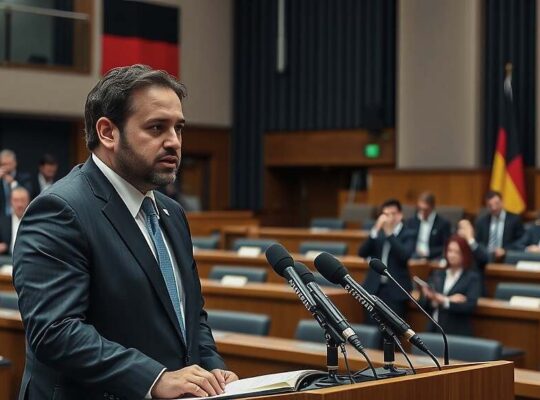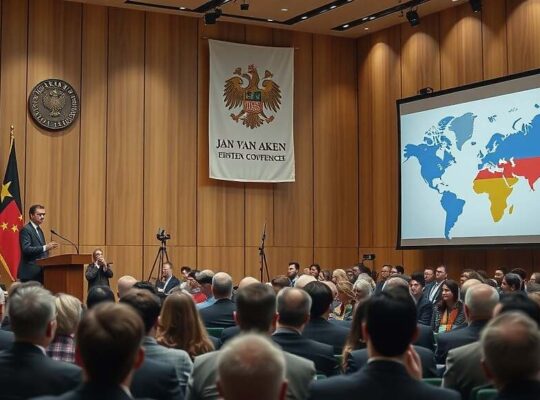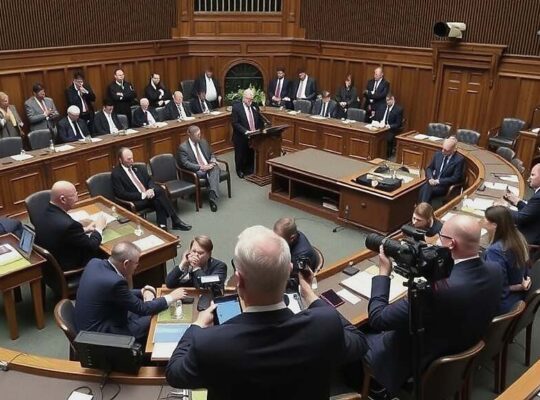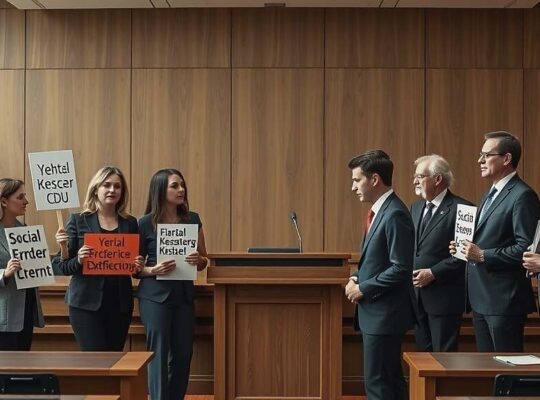The Social Democratic Party (SPD) leadership has formally approved a member-initiated petition challenging recent reforms to the “Bürgergeld” – Germany’s unemployment benefit and social assistance program. This decision, revealed in a draft resolution reported by “Der Spiegel”, opens the door for a full-fledged member referendum, potentially creating significant internal political friction within the governing coalition.
The petition, spearheaded by a group of SPD members, directly urges the party leadership to advocate against further hardening of sanctions within the Bürgergeld system. Specifically, they demand protections ensuring recipients don’t lose crucial supplementary benefits like housing allowances or healthcare cost coverage and that legally mandated minimum living standards remain inviolate through penalties. The initiative casts a sharp critique of the government’s approach, arguing that the reforms risk pushing vulnerable individuals into deeper poverty.
Beyond simply halting proposed changes, the petition calls for a fundamental reimagining of the Bürgergeld, transforming it into a guaranteed, poverty-proof safety net. This vision encompasses increased access to supportive services: enhanced training programs, personalized coaching and crucially, psychosocial assistance. The petitioners explicitly denounce what they label “neoliberal and right-populist demands” signaling a broader ideological clash within the party and a rejection of narratives surrounding alleged work avoidance. Instead, they advocate redirecting the public conversation towards addressing root causes of poverty, including issues like low wages, housing shortages and educational inequity – challenges often overlooked in policy debates.
The next phase involves a member vote on an internal SPD platform. A threshold of one percent of the membership expressing support within two months will trigger an official petition, a prospect organizers confidently anticipate realizing. The move underscores a recurring power dynamic within the SPD: a baseline membership often displays a divergent view from the actions of the governing factions. As co-initiator Franziska Drohsel stated, past party divisions, referencing the contentious Agenda 2010 reforms, demonstrate the capacity and willingness of the SPD base to publicly voice its disagreement with the party’s direction, a development with potential to reshape the internal political landscape and further challenge the government’s social policy agenda.




